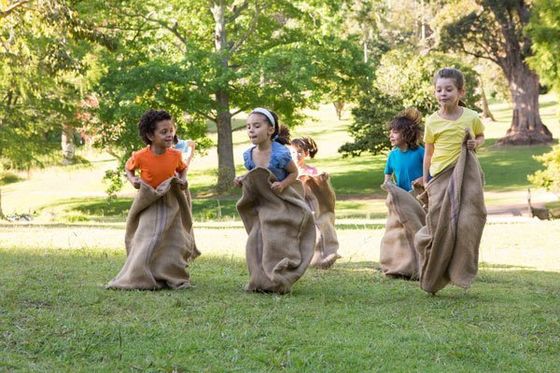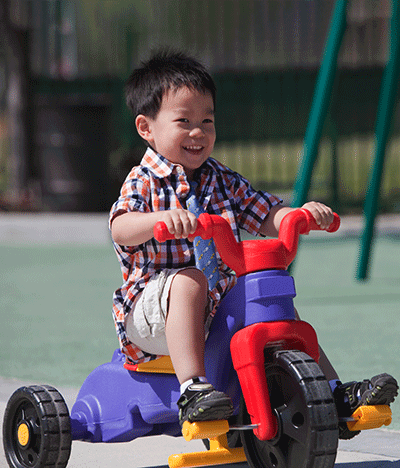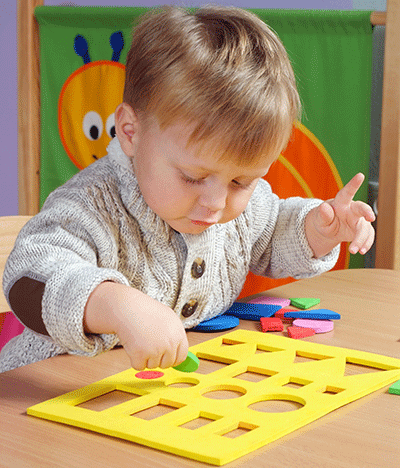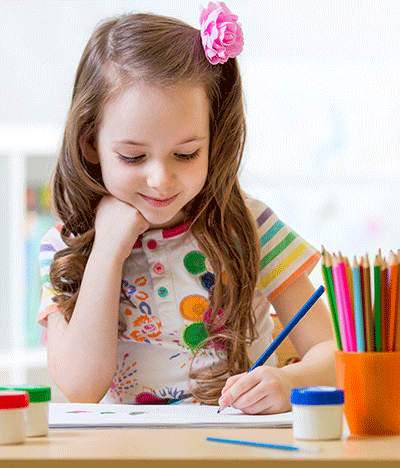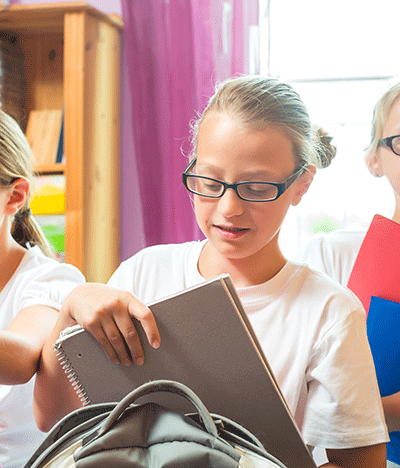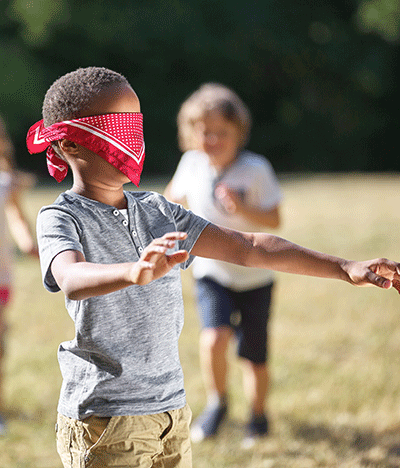Gross motor skills are the ability to use the larger muscles in the body for effective functioning and enable us to execute big movements such as running, jumping, hopping, throwing, catching and kicking. Occupational Therapy can help to improve your child’s gross motor skills which are necessary to develop muscle strength, coordination and agility, as well as the underlying perceptual skills needed for learning.
Developing Confident, Independent Children and Young Adults
Welcome
Welcome to Gisela Payne’s Independent Occupational Therapy Practice.
Gisela Payne is a highly skilled paediatric occupational therapist who works with children and their families across Berkshire, Hampshire and parts of Oxfordshire, Buckinghamshire and Surrey.
Specialising in the assessment and treatment of children of all ages, Gisela works closely with children and their families to deliver bespoke treatment packages for a variety of physical, sensory and neurological conditions:
- Gross and fine motor coordination difficulties
- Developmental delay
- Physical disabilities
- Developmental Coordination Disorder (DCD / Dyspraxia)
- Attention Deficit Disorder (ADD / ADHD)
- Chromosomal disorders, e.g. Down Syndrome
- Dyslexia
- Neurological conditions, e.g. Cerebral Palsy
- Autistic Spectrum Disorder
Gisela works with children in their home and school environments and provides training sessions to parents, caregivers and teaching staff on request.
Read more
What Is Occupational Therapy
Occupational therapy is a health profession that helps people of all ages to live meaningful, balanced lives by enabling them to participate in daily living activities whilst overcoming the limitations of illness, injury or disability.

What Paediatric Occupational Therapists Do:
Work with children and their families or caregivers to identify the child’s needs and to assist them to reach their full potential.
Maximise the child’s independence in all activities related to school, play, leisure and self-care tasks such as dressing, feeding and personal hygiene.
Use specialist techniques and therapeutic approaches during assessment and treatment to establish individualised goals and evidence-based therapy.
Adapt the task or environment to meet the child’s needs. This may include the provision of assistive devices or specialist equipment where necessary, home adaptations or strategies to simplify tasks.

